<?php
if (isset($_POST['name'])) {$name = $_POST['name'];}
if (isset($_POST['email'])) {$email = $_POST['email'];}
if (isset($_POST['password'])) {$pass = $_POST['password'];}
require "init.php";
$query = "select * from userinfo where email like '".$email."";
$result = mysqli_query($con,$query);
if(mysqli_num_rows($result)>0)
{
$response = array();
$code = "reg_false";
$message = "User Already Exist !";
array_push($response,array("code"=>$code,"message"=>$message));
echo json_encode(array("server_response"=>$response));
}
else
{
$query = "insert into userinfo values('".$name."','".$email."','".$pass."');";
$result = mysqli_query($con,$query);
if(!$result)
{
$response = array();
$code = "reg_false";
$message = "Registration Failed, Try Again!";
array_push($response,array("code"=>$code,"message"=>$message));
echo json_encode(array("server_response"=>$response));
}
else
{
$response = array();
$code = "reg_true";
$message = "Registration Success, Login to Continue!";
array_push($response,array("code"=>$code,"message"=>$message));
echo json_encode(array("server_response"=>$response));
}
}
mysqli_close($con);
?>
I have tried almost everything on Stack Overflow but still I find errors as undefined variable also undefined index.#
Check this screen shot
